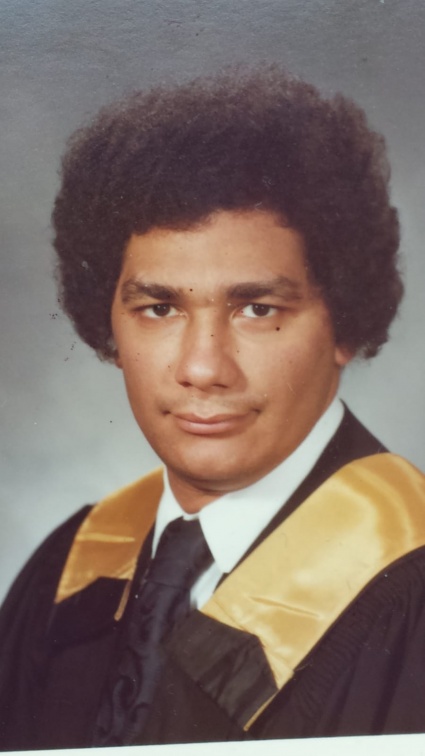May 17, 2018
What do you do when your own sibling is in palliative care?

Nothing prepared me for this.
Over many years of being involved in community service, from time to time I have been in a position to offer comfort to the terminally ill. But this case is different.
He is my younger brother, six years younger to be exact, and closest to me among my siblings. Our father passed away when I was 15 and as he was only nine, I was old enough to be something of a surrogate male parent.
We finished our degrees in engineering together at the University of Ottawa, a Ph.D. for me and a B.Sc. for him.
Unfortunately, he is not geographically close; some 100 kilometres separate his home in Toronto and mine in Waterloo.
When I visited a little over two months ago, he was doing well, despite having undergone major heart surgery last year and suffering from diabetes. But shortly afterwards, he was diagnosed with an aggressive type of bone cancer and given just a few weeks to live.
Now his bones are so brittle he cannot be moved and must always lie on his back in bed, 24/7. Imagine that; for weeks on end, you eat, sleep, answer nature’s call, talk, pray, answer the phone, watch TV, and sign your will, in the same spot.
He is lucky that his bed in a Toronto palliative care centre is near a window that can be opened. He often comments on how beautiful some sunny mornings in the city are.
I took a hotel room nearby in order to visit him daily. Being in palliative care, he is not receiving any treatment other than regular doses of strong painkillers.
I’ve spent some of my visiting hours reminiscing about our life together. And yes, we’ve talked about death. He asked me how the nurses would know when he’d died. I found a fragment of humour in that: “Don’t worry about it,” I answered. “That’s their job, not yours.”
We watched soccer on TV together; he’s a big fan, especially of Egyptian superstar Mohamed Salah, who plays for Liverpool. He wonders if the Lord might postpone his departure long enough so he can watch Salah play for Egypt at next month’s 2018 World Cup in Russia.
As I reflect, I’m not sure of my feelings or stress-levels compared to his. Is my anxiety greater than his? Am I awaiting his death as the end of a chapter in my life? This is a difficult thing to know.
He’s often asked me about my own family and health and when I’ve called our siblings in Egypt almost daily to chat with him, he never complains.
Recently, I reminded him of some helpful Qur’an passages to read before he nodded off. And I also asked him to make a deal:
First, that he prays as much for me as I do for him; and, if he goes to the hereafter ahead of me, he must reserve me a condo in paradise near his and our mother’s. I promise to do the same if I go first. He smiled and agreed. A little compassionate humour can’t hurt, for he had no tears left, and neither did I.
Our visits at this difficult close of life have made me reflect once again on how much we take for granted, how seldom we thank God for our bodies, minds, souls, families, and friends.
I believe high schools should arrange field trips to palliative care centres and then talk honestly to their students about life and death. Most of us go through life uninformed and ill-prepared for the one thing that eventually happens to us all, no exceptions.
My brother’s mind and memory are still fully functional even though his body is not. In speaking with him I’ve learned about four special traits that are helping him (and those around him) cope: (1) his faith that death is not an end, but a transition from one life to another; (2) a great sense of humour; (3) an accepting and uncomplaining state of mind; and (4) his great love of soccer.
For me, I was grateful to have established a good relationship with the palliative care centre’s doctors, nurses and support staff. They have been very accommodating to my questions and his.
When I told him, “I am going home to Waterloo for few days and will be back soon; don’t go anywhere,” he replied, “God willing. But you may find me in Pickering.” (Pickering, just outside Toronto, has a large Muslim cemetery.)
As I write, I’m preparing for a weekend trip back to Toronto – not Pickering, yet – to visit him. God willing.
* Mamdouh Elmasry (1950 - 2018) passed away Saturday June 2, 2018








